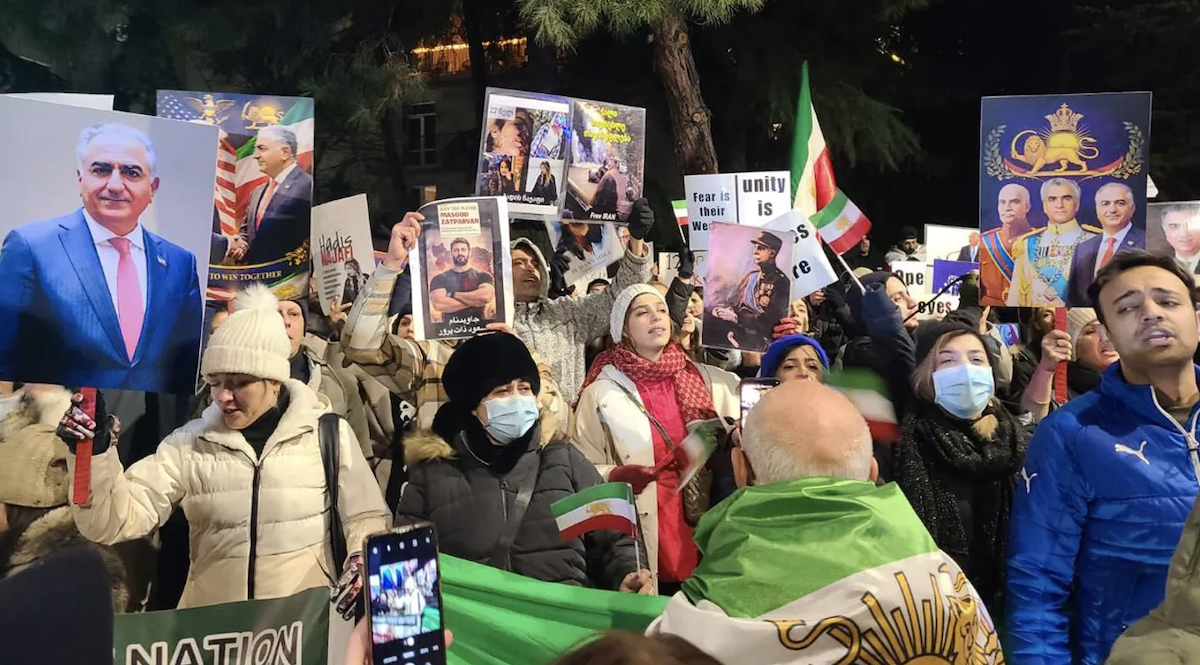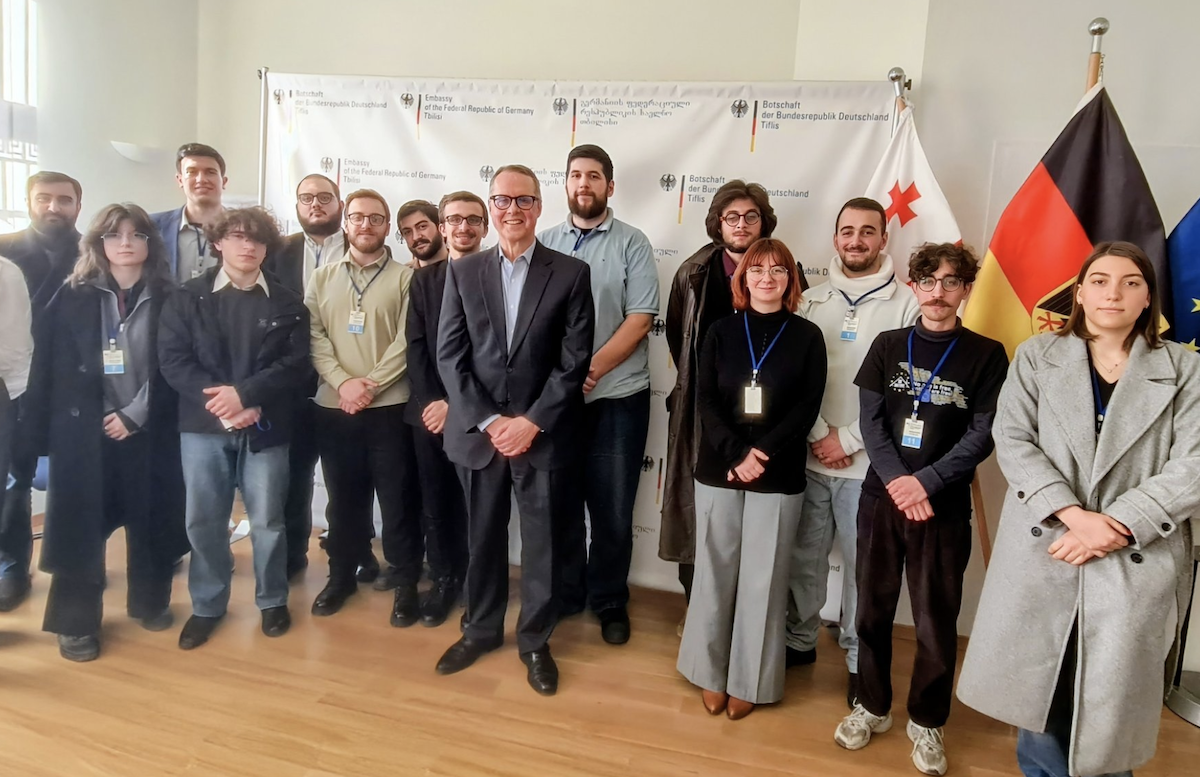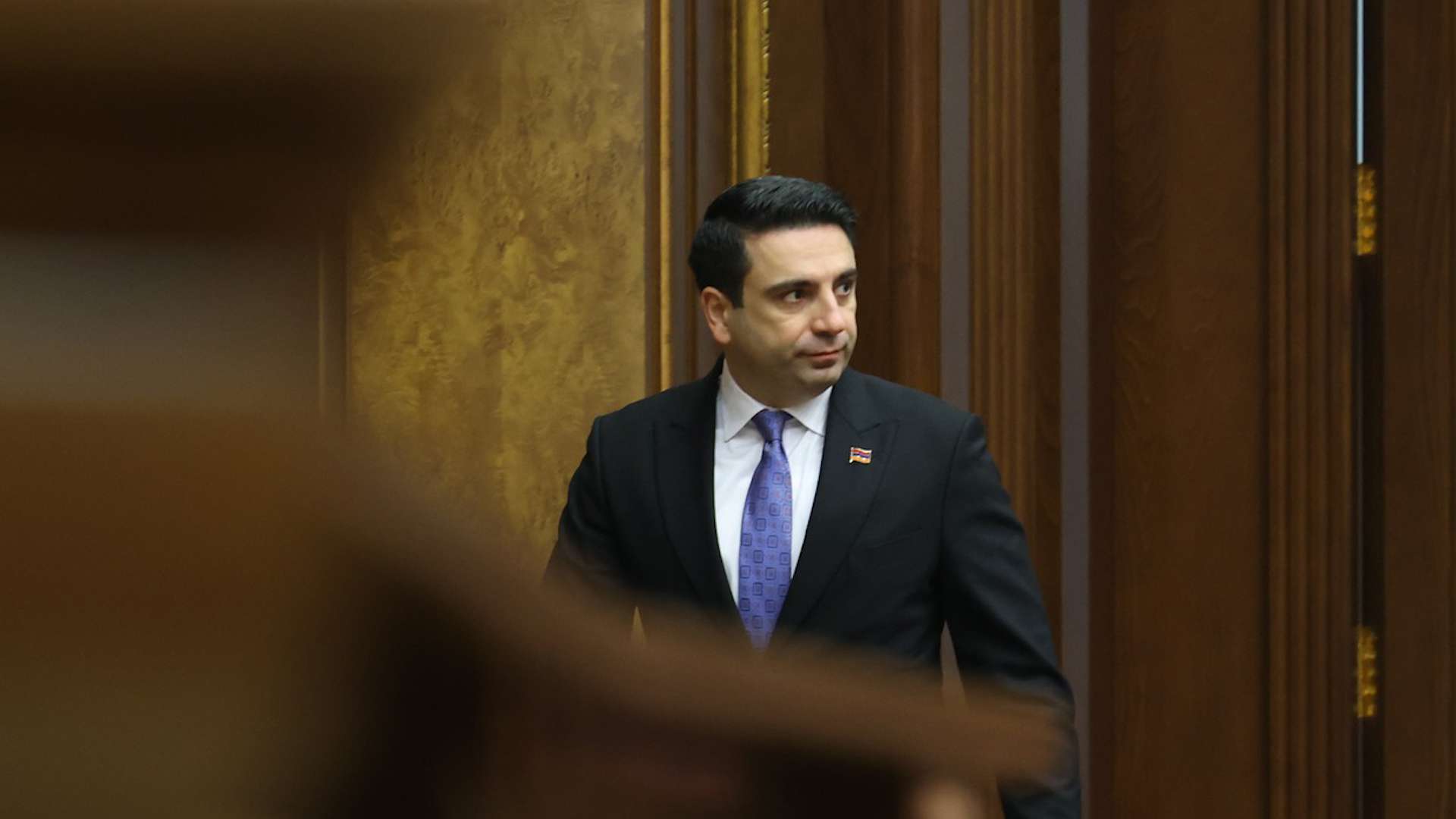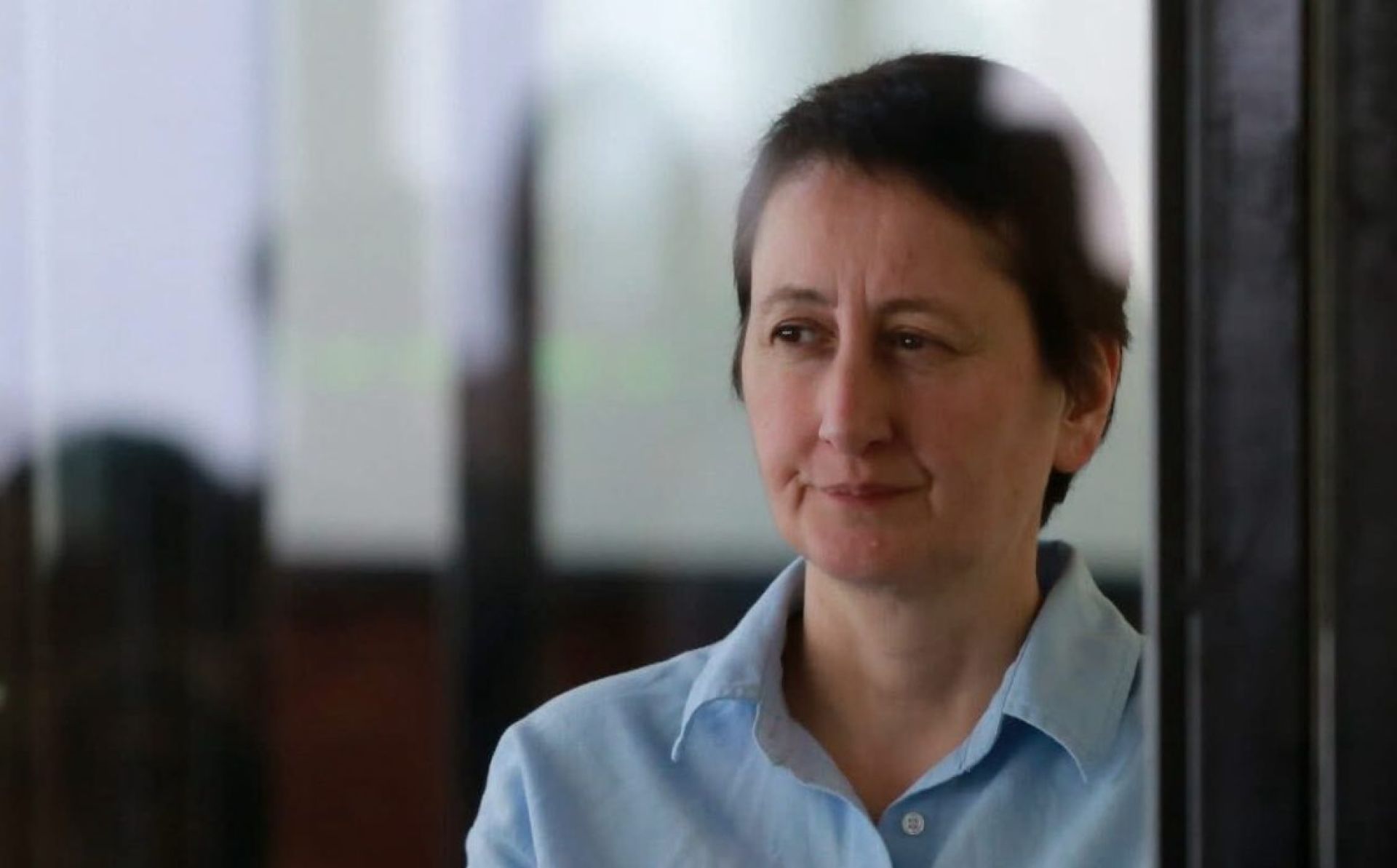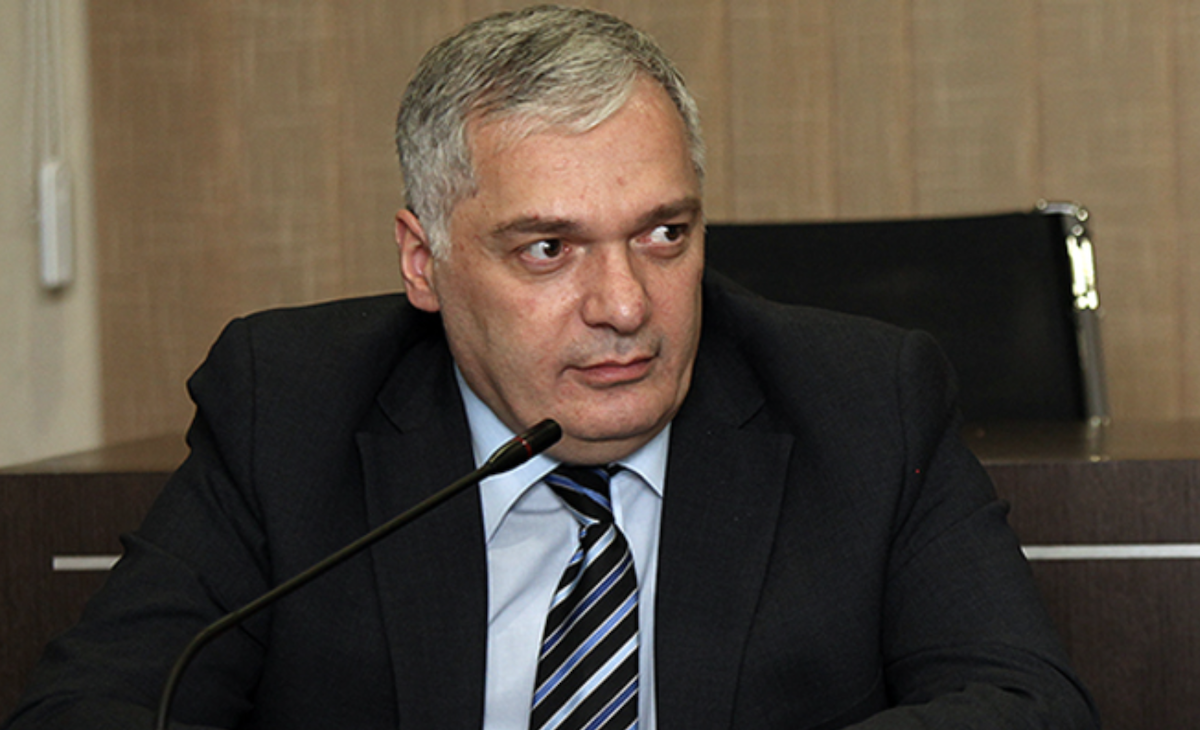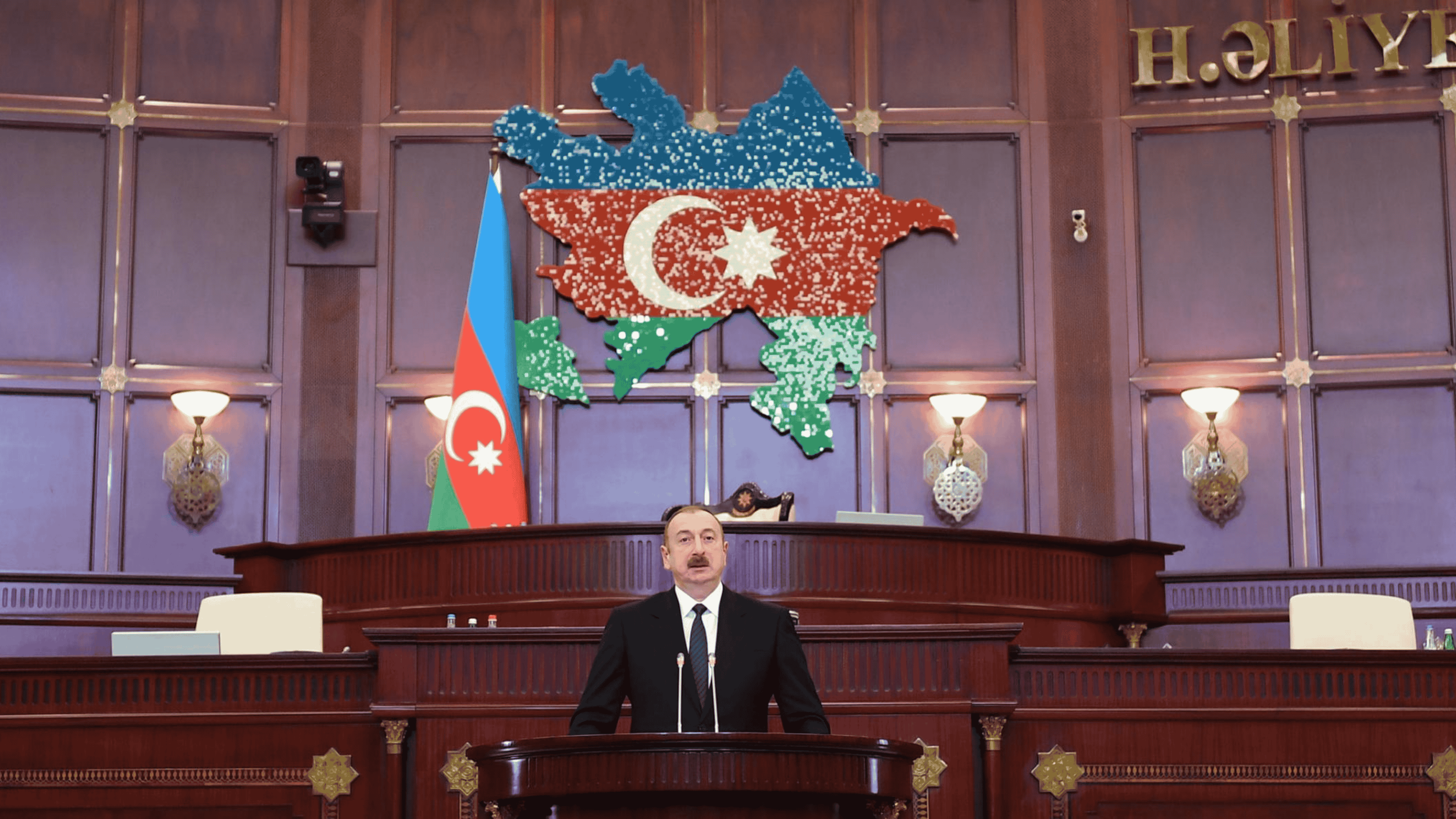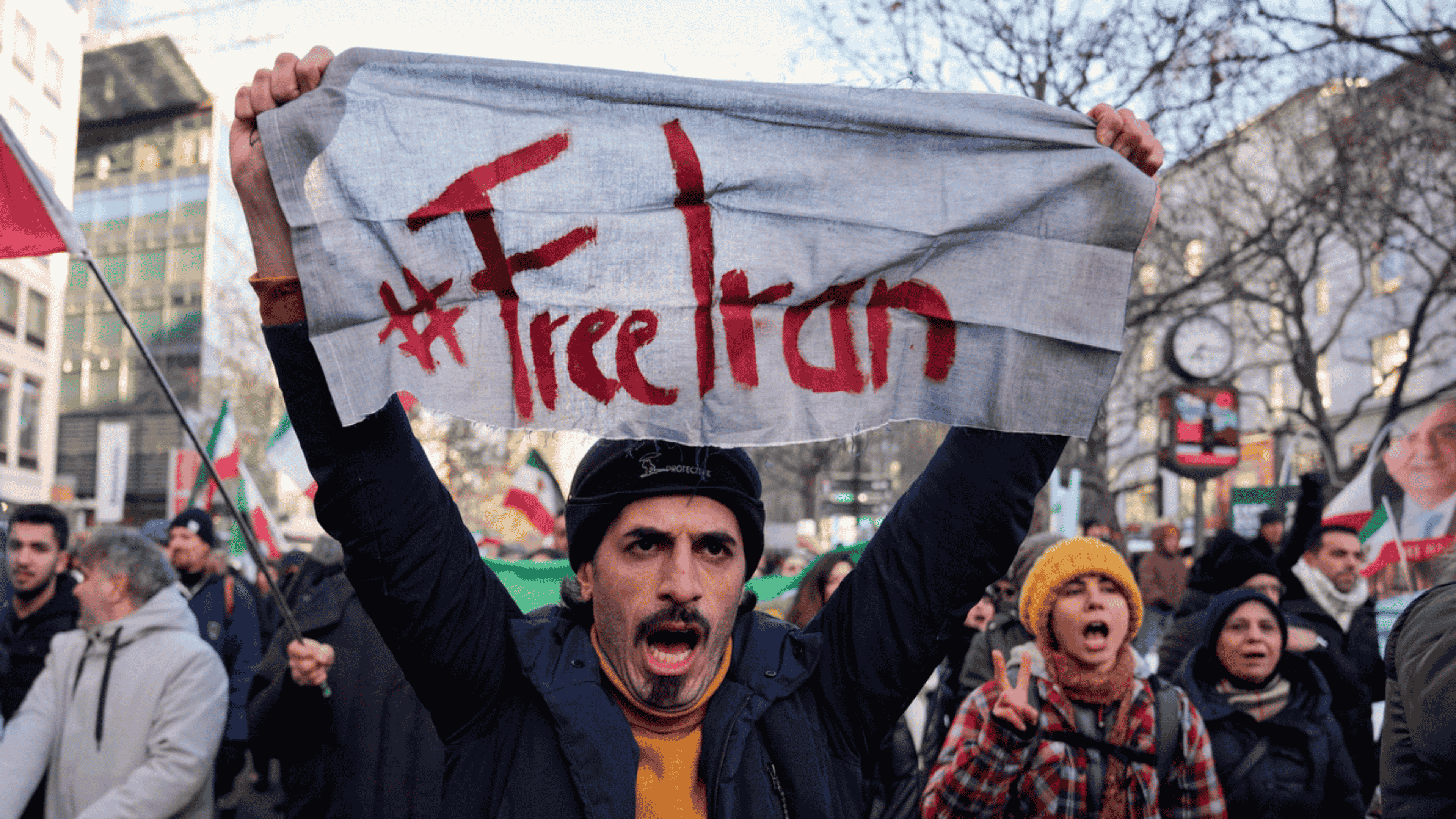No entry
Photo: Gevorg Ghazaryan
The Karabakh conflict belongs to those few ones that led to almost complete ethnic segregation of the communities. Practically all Azerbaijanis departed from Armenia and all Armenians left Azerbaijan as a result of the Karabakh conflict. Of course, there are exceptions, especially when it comes to the mixed families, but these are the exceptions that prove the rule.
None of other conflicts, be it Georgia-Abkhazia, Georgian-Ossetia, Transnistrian or even the Balkan or the Middle East one, have been characterized by similar rigid segregation, despite the bloody hostilities and absence of diplomatic solutions.
Those, who live in the ‘enemy’ territory are perceived differently both, in Armenia and Azerbaijan: some view them as hostages, others consider them to be the guarantee of non-resumption of hostilities, whereas some perceive them as a bridge for building a trust-based dialogue.
In the Karabakh conflict this bridge has been destroyed from the very beginning. According to various sources, up to 700,000 Azerbaijanis left Armenia and Karabakh and about 400,000 Armenians departed Azerbaijan in 1990-1991.
As a result of such segregation even mere communication between the representatives of two nations looks like a treason in the compatriots’ eyes. Whereas the appearance of a representative of one of the nations in the ‘hostile’ country is equated to a life threat.
This issue is not that acute in Armenia-Azerbaijanis are not prohibited to enter the country. For certain period of time Azerbaijanis were freely visiting Armenia and even Karabakh and they had no complaints about inhospitable attitude.
Whereas in Azerbaijan the situation is somewhat different-a ban on entry of Armenians to the country has been set at the national level. Although it’s not admitted officially, but the border guard officials make no secret of the fact that people with Armenian last names are banned from entering the country.
There are many known cases when the citizens of other countries weren’t allowed to enter Azerbaijan because of Armenian last name. The most recent case is the one involving an 8-year-old boy with Armenian last name, whose mother and stepfather were Russians.
In addition, M.V. Ueldanov, a Russian citizen and employee of the Austrian Do&Co. company, has been recently arrested in Baku. Ueldanov, who was on business trip to Azerbaijan, has been arrested after it turned out that his second surname was Galustyan.
Against the background of such ‘tolerance’ the fate of prisoners of war, hostages and defectors on both sides of the border seems far more woeful. The very staying on the other side of the border is perceived by many as a death sentence, whereas moving to the ‘hostile’ country is regarded as desertion and high treason.
Not only does the lack of contact between Karabakh and Azerbaijani authorities and agencies complicate the solution of many situational problems, but it further deepens the gap between the two nations. Baku stubbornly refuses to ‘condescend’ to the Karabakh authorities, believing that any contact will be equal to recognition of Karabakh’s independence. Though, the experience of Georgia and other countries proves the contrary.
The recent talks on Karabakh settlement focus more on ‘humanitarian’ issues, or, to be more precise, on exchange of prisoners and hostages. In particular, through the mediation of the International Committee of the Red Cross (ICRC), Azerbaijan seeks extradition of Dilham Askerov and Shahbaz Guliyev, who were arrested in Karabakh in July 2014. As a reminder, they were arrested in the territory of Karabakh. They were accused of border trespass and murder of two individuals. They were sentenced to lengthy terms of imprisonment and are in custody in Stepanakert prison now. The ICRC officials visit them from time to time.
Azerbaijan refuses to co-operate directly with the Karabakh authorities and tries to use the international ties for putting pressure on them. For example, it is known that Azerbaijan called on the Russian leadership to influence Armenia, demanding extradition of the aforesaid citizens. Russian Foreign Minister, Sergey Lavrov, openly appealed to the Armenian leadership on the number of occasions, calling for extradition of Dilham Askerov and Shahbaz Guliyev. However, Yerevan pointed to Stepanakert and advised to turn directly to Karabakh authorities.
Settlement of humanitarian issues laid a foundation for the so-called Russian initiative on Karabakh settlement. As a reminder, the major talks on Karabakh settlement are held in the format of the OSCE Minsk-Group, Co-Chaired by the USA, Russia and France. However, Russia tries, from time to time, to form a trilateral format involving Moscow, Baku and Yerevan.
So, right from the very beginning, the Russian initiative in the Karabakh settlement suggested resolution of humanitarian rather than political issues. It was with Russia’s mediation that Armenian and Azerbaijani presidents agreed to exchange prisoners and return the bodies of those killed in clashes. The latter was considered as the major achievement of the Kazan meeting in 2011. Certain work was done in this regard and at some point the parties stated that there were no more war prisoners and hostages.
According to the official data, there is only one prisoner of war in Azerbaijan now. Arsen Baghdasaryan, a citizen of Nagorno-Karabakh Republic, has been sentenced to 15 years in prison in Azerbaijan. Baghdasaryan has been charged with involvement in subversive activity. He was captured on December 24, 2014.
Starting from 2014, military servicemen and civilians have been occasionally caught on the Armenian and Azerbaijani sides. All of them have been returned home as part of act of goodwill or on exchange basis.
Another Azerbaijani serviceman, Elnar Huseynzadeh, DoB 1995, was also recently captured in Karabakh. Azerbaijani Defense Ministry claimed, he had been discharged from the army for breach of discipline and was no longer in the ranks of country’s armed forces. Meanwhile, Karabakh National Security Service reported that a group of Azerbaijani servicemen attempted a subversive infiltration in the direction of Talish village, Nagorno-Karabakh Republic (NKR), on February 1, 2017. The attempt was reportedly suppressed by the Karabakh army units. Elnar Huseynzadeh, a servicemen of the reconnaissance company of the 157th motorized rifle brigade of the Azerbaijani Armed Forces, was found and detained on the same day.
Shahin Mirzoyev, a member of the Republican Talish Culture Center of Azerbaijan, ex-employee of the Tolyshi Sado newspaper, asked for asylum in Armenia. Yerevan agreed to grant him asylum.
Earlier, in 2016, Armenian national, Vahagn Martirosyan, appealed to Baku authorities for granting him asylum. His request was also met.
Vahan Martirosyan, jointly with some of his Azeri colleagues, has recently announced about setting up the Peace Platform, allegedly aimed at building a bridge between Armenians and Azerbaijanis. However, the Armenian side hasn’t rushed to join the platform, referring to a high level of xenophobic attitudes maintained in Azerbaijan- one can’t talk about peace and at the same time ban people from entering the country just because they have Armenian last names.
Meanwhile, separation of humanitarian issues from the political ones could have been a good platform for putting up real bridges between the two communities.












